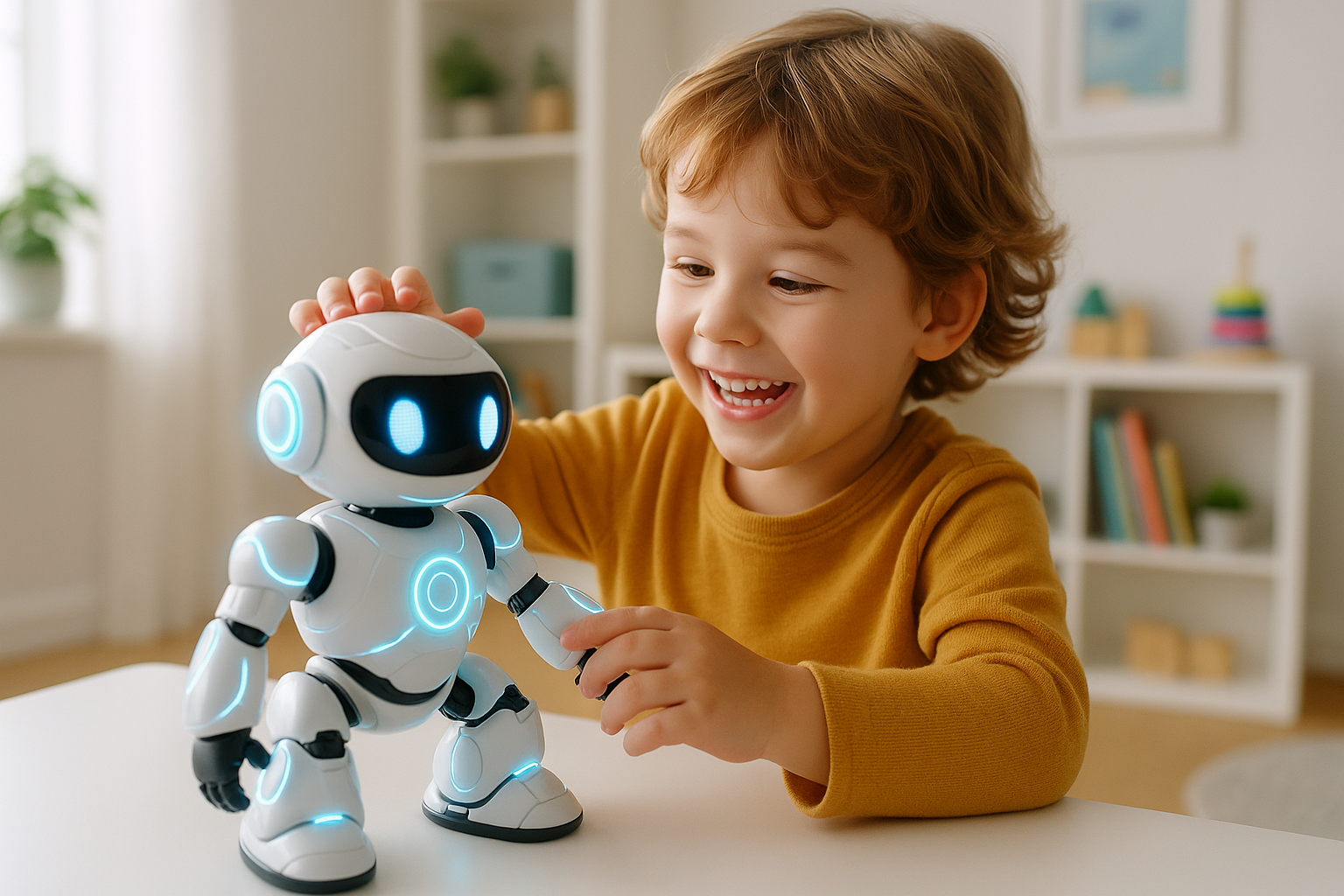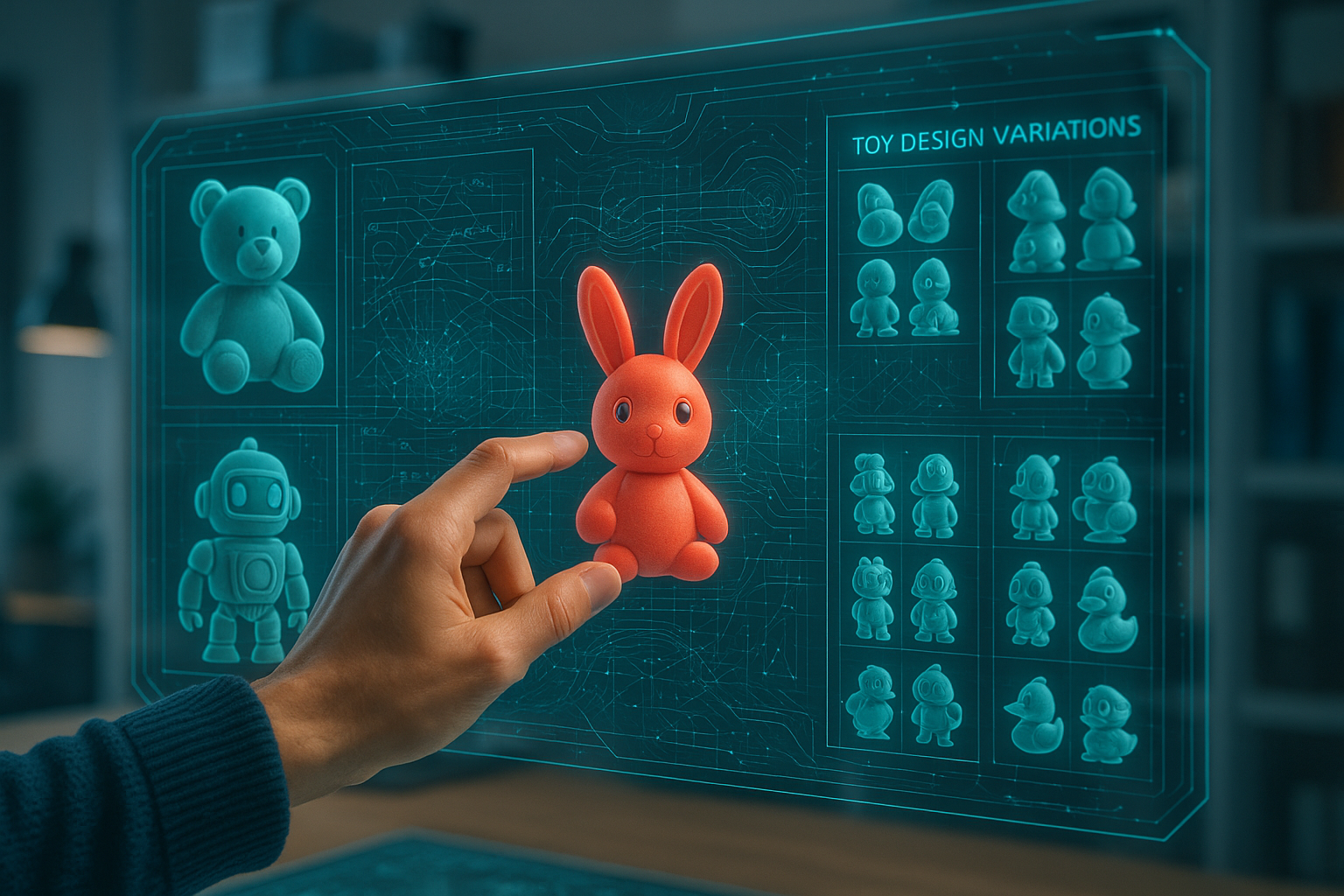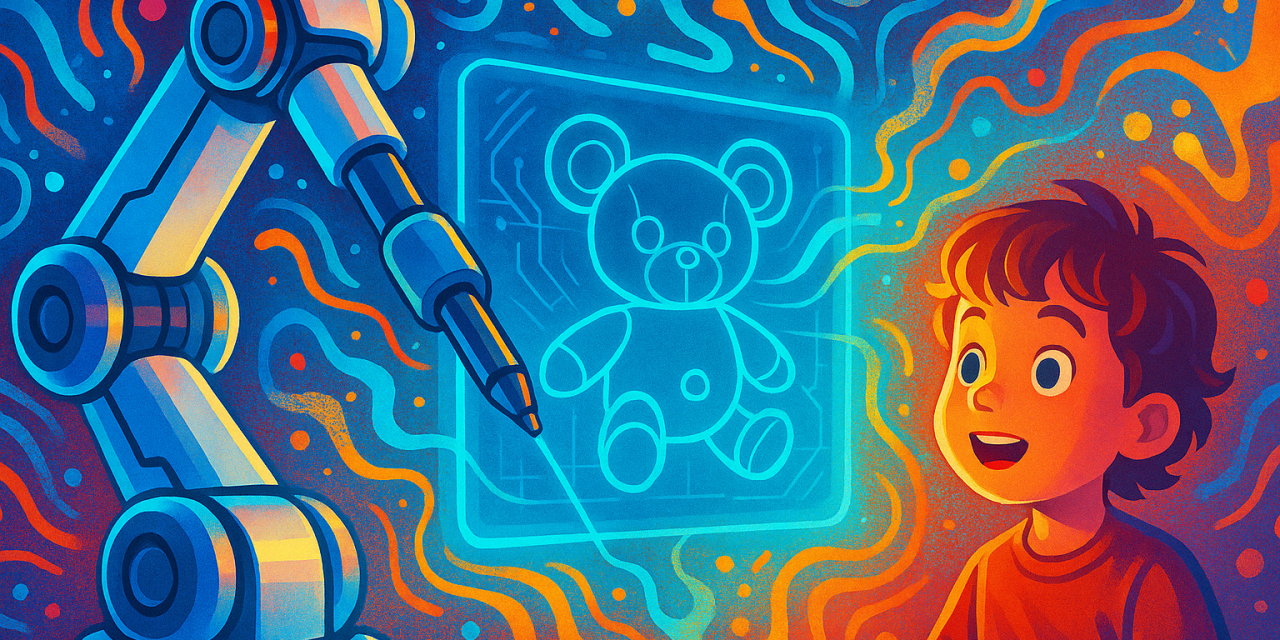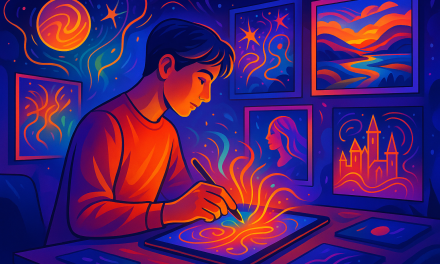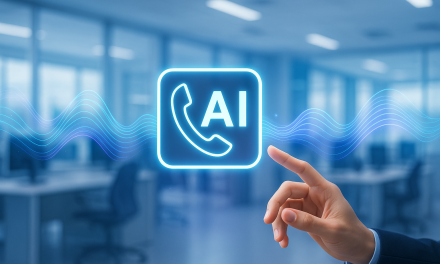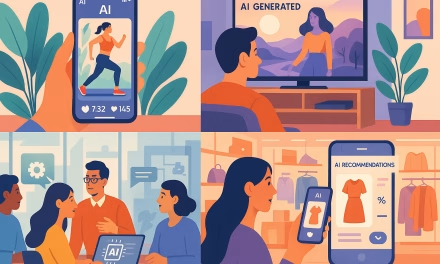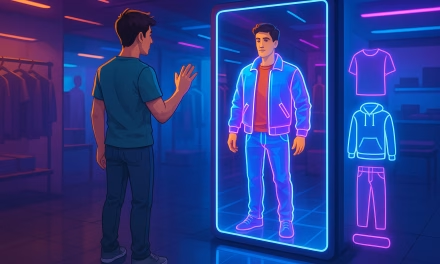For decades, the toy industry has thrived on imagination, creativity, and the timeless appeal of classic play. Now, a new force is set to revolutionize this world: generative artificial intelligence. In a groundbreaking partnership that signals AI’s expansion into every facet of consumer goods, OpenAI, the creator of ChatGPT, has teamed up with Mattel, the iconic toymaker behind Barbie, to integrate generative AI into product development and toymaking.
\n\n
This collaboration is poised to transform how toys are conceived, designed, and produced. Imagine AI algorithms analyzing play patterns, identifying emerging trends, and even generating entirely new toy concepts based on vast datasets of children’s preferences and developmental psychology. This could lead to toys that are more engaging, more personalized, and more responsive to the evolving needs of children.
\n\n
Beyond the design phase, generative AI could also streamline the production process, optimizing manufacturing workflows and reducing time-to-market for new products. It could even extend to the toys themselves, with AI-powered companions that learn and adapt to a child’s play style, offering dynamic and evolving interactive experiences. This blurs the lines between traditional toys and intelligent companions, creating a new category of play that is both imaginative and technologically advanced.
\n\n
The implications for the lifestyle of families and children are significant. Toys could become more than just objects of play; they could become educational tools, creative partners, and even emotional companions. The ability of AI to generate diverse play scenarios and adapt to individual children’s needs could foster new forms of learning and development, making playtime more enriching and impactful.
\n\n
However, this integration also raises important questions. How will AI-generated toys impact traditional creative roles within the industry? What are the ethical considerations around AI interacting with children, particularly concerning data privacy and the potential for algorithmic influence on play patterns? Ensuring responsible AI development and deployment will be crucial to maintaining trust and ensuring that these innovations serve the best interests of children.
\n\n
The partnership between OpenAI and Mattel is a clear indicator that generative AI is no longer confined to the digital realm; it’s stepping into our physical world, starting with the toy box. This collaboration is not just about creating smarter toys; it’s about reimagining the very nature of play and how technology can enhance the imaginative lives of children. The playtime revolution is here, and it’s powered by AI.
